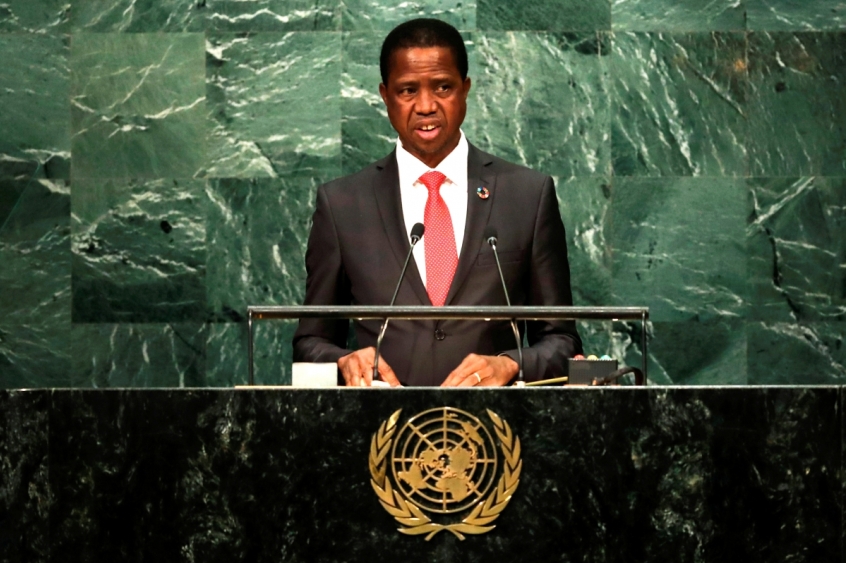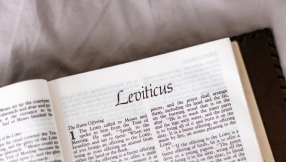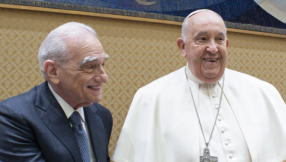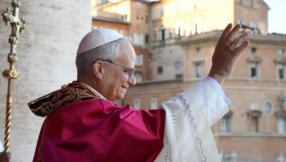
Moves to create a new government department in Zambia to oversee religious affairs risk turning the country into a "theocracy" and extending state control over religion, Protestant and Catholic leaders have warned.
Zambian president Edgar Chagwa Lungu Lungu appointed Rev Godfridah Sumaili, pastor of the pentecostal Bread of Life Church in the capital Lusaka, as head of the new ministry of religious affairs last week.
According to Vatican Radio, the president had previously told parishioners at a Lusaka church that the Church should not feel threatened by the creation of the ministry of religious affairs, which he said would harmonise state-Church relations.
The move was welcomed by the head of the Evangelical Fellowship of Zambia , Rev Pukuta Mwanza, who said it would "promote Christian values and give more meaning to the declaration of Zambia as a Christian nation".
However, the country's two main Christian bodies, the Zambia Conference of Catholic Bishops and the Council of Churches in Zambia, which represents Protestant Churches, have come out in opposition to the initiative. A joint statement called for "genuine dialogue", saying: "This requires sustaining a healthy Church-State relationship, with the Government not favouring only those groups that praise every decision it makes and every plan it follows."
It continued: "In view of the various financial and economic challenges our country is currently facing, we neither see the creation of the said ministry as a top priority nor a prudent decision. After all, we believe that Zambians want their country to be a democracy rather than a theocracy."
It warned against attempts by the state to control the Church, saying that the Church "derives its authority, mission and structure from God and this must not be confused with temporal order of political governance". Churches, it said, would not be "intimidated" in acting as the conscience of the nation and calling for social justice.
The statement concluded: "At the same time, we commit ourselves to continue being credible and reliable instruments for promoting a culture of dialogue, reconciliation, justice, unity, development, respect for divergent views and peace in Zambia."













